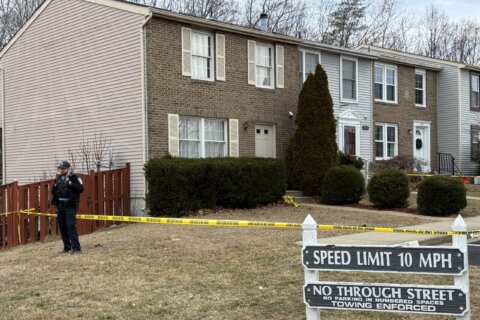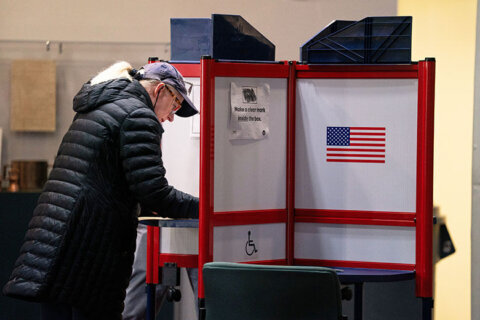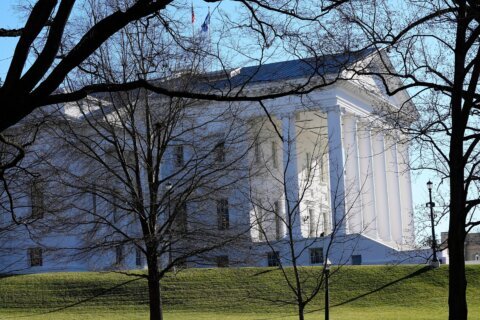WASHINGTON — Neither side is backing down as a political debate grows over a type of police technology that allows officers to record license plate data on the road.
License plate recorders on patrol cars snap photographs of plates, recording where and when the pictures were taken.
The data can be stored for long stretches of time.
“Police departments can’t have secret databases,” says Virginia Sen. Chap Petersen. “I’m concerned that if we continue to allow them to have secret databases it will lead to a violation of civil liberties.”
Petersen pushed for legislation that would have forced police agencies to erase license plate data after seven days, unless it is tied to a warrant or an open investigation.
“We only collect information when there’s a reason,” Petersen says. “We don’t just collect it generally and then, six months later, come back and try to find a reason.”
The measure passed through the General Assembly this year, but ultimately it was vetoed by Virginia Gov. Terry McAuliffe.
In a statement, McAuliffe says, “It would be unwise” for him to “limit the tools available for legitimate law enforcement purposes.”
The governor argued license plate data help police agencies track down criminals, missing persons and stolen vehicles, among other things.
There are no standard limits on how long Virginia police departments can keep the license plate reader data. Many agencies keep it anywhere from 60 days to two years.








